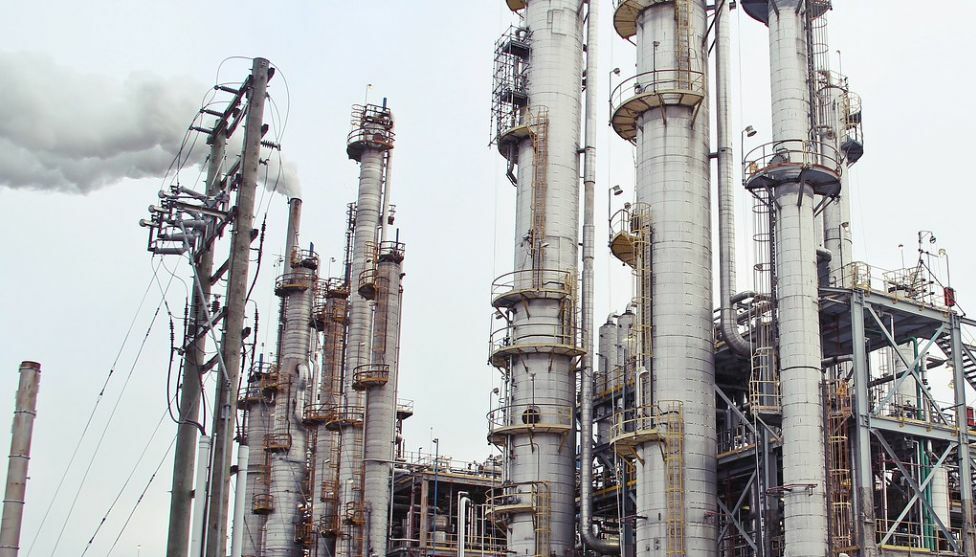Thai Cabinet supports Ethanol Bioplastic for eco-friendly transition

The Thai Cabinet has given the green light for the promotion of ethanol in the production of bioplastics, aiming to develop more eco-friendly materials, according to government spokesperson Anucha Burapachaisri. This decision supports the ethanol bioplastic manufacturing industry with tax exemptions for bioethylene, a key precursor in bioplastic pellet production.
Current legislation states that domestically produced ethanol can only be used for fuel and liquor production. At present, ethanol is blended with benzene to create gasohol. However, as electric vehicles gain popularity and petrol consumption decreases, allocating ethanol for industrial uses, such as bioplastic production, aligns with global environmental protection goals and the government’s bio-, circular, and green (BCG) economic model.
By endorsing the use of ethanol bioplastic production, the government is promoting the creation of biodegradable materials. Conventional plastics are made from ethylene, typically derived from petrochemicals, and their production releases large amounts of carbon dioxide into the atmosphere. Using ethanol in the process significantly reduces or even eliminates these emissions, according to an anonymous source.
In addition, the government has issued five guidelines concerning ethanol usage across various industries. The first involves the development of ethanol production standards, led by the Ministry of Higher Education, Science, Research, and Innovation, in partnership with industry experts, ethanol manufacturers, and ethylene factories. This guideline encompasses technical standards, personnel development, and a certification body to assess the skills and competencies of industry professionals while ensuring sustainable ethanol bioplastic production, reported Bangkok Post.
The second guideline outlines a memorandum of understanding between ethanol manufacturers and users, specifying the quantity and timing of ethanol deliveries to meet the ethanol bioplastic industry’s demands.
The third guideline involves the establishment of a National Ethanol Committee to oversee ethanol procurement and determine import quantities in cases where domestic production is insufficient or does not meet required standards.
The fourth guideline focuses on skills development for farmers and domestic ethanol producers to ensure high-quality ethanol production.
Lastly, the government plans to amend laws and regulations to support ethanol usage across various industries.
Latest Thailand News
Follow The Thaiger on Google News:


























